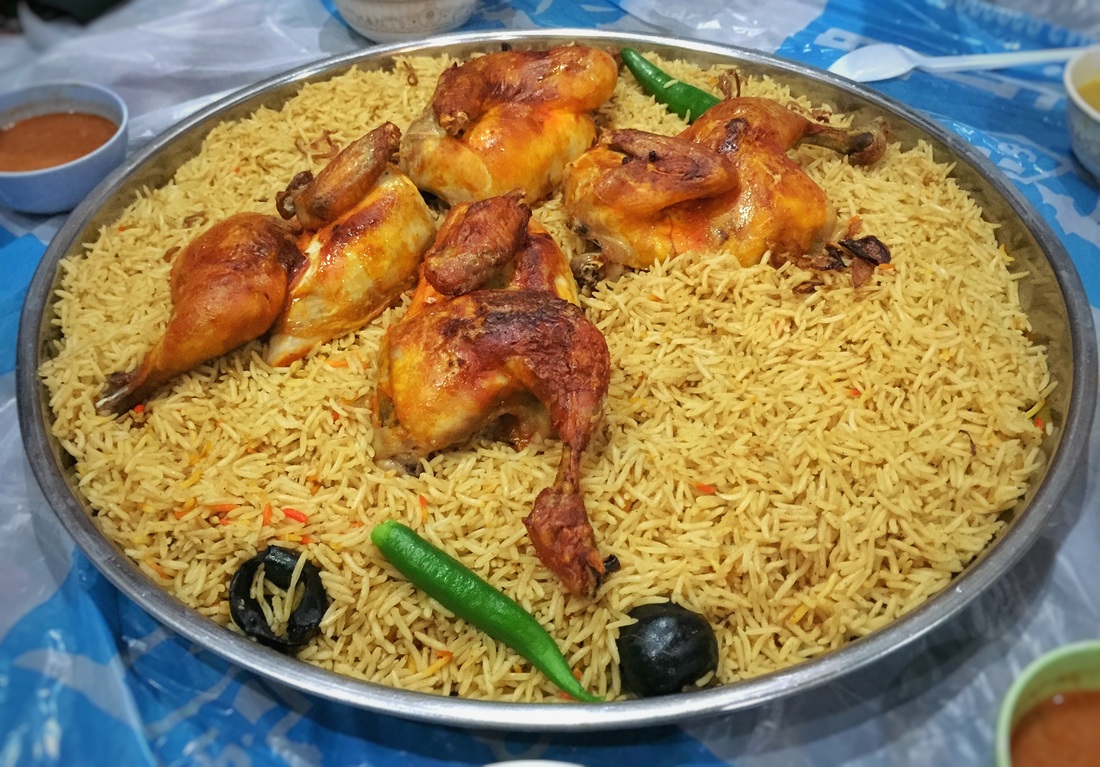The governments of the Gulf Cooperation Council (GCC) states have long been searching for the best way to diversify their economies, and in the wake of falling oil prices, they have accelerated their search. Saudi Arabia and the UAE recently launched massive funds with the goal of transforming their economies into “knowledge” format, with the assistance of reputable foreign consultants, and making use of the experiences gained from the partially successful diversification efforts of countries such as Malaysia and Mexico.
0 Comments
Published on LSE Middle East Center blog: النسخة العربية أدناه Game theory was developed in the wake of World War 2 to assist policymakers in analysing interdependent decision-making, which arises when what you want to do depends upon what others want to do, most notably in situations relating to conflict over resources – the alternative is decision theory, where your decision is independent of others’ choices; for example, deciding whether you want to invest in the stock market or bonds for your retirement. Applying game theory to Iran’s recent threat to block the Strait of Hormuz reveals that Iran is highly unlikely to do so, as the move does not serve the Islamic Republic’s interests. Continue طُوّرت «نظرية الألعاب» بعد نهاية الحرب العالمية الثانية؛ لمساعدة أصحاب القرار في تحليل القرارات المتداخلة – لدى جهات متعدّدة – حينما يعتمد خيار جهة ما، على خيارات جهات أخرى، خصوصاً القرارات المتعلقة بالصراعات على الموارد. (والبديل هو «نظرية القرارات» – التي تنطبق على القرارات غير المتداخلة – حينما لا يعتمد قرار جهة ما على قرارات جهات أخرى، مثلاً حينما يختار شخص ما بين الاستثمار في البورصة أو الودائع للتقاعد.) واستخدام نظرية الألعاب لتحليل تهديدات إيران الأخيرة، حول إغلاق مضيق هرمز، يكشف لنا أنه ليس من المحتمل أن تقوم إيران فعلاً بذلك؛ لأنه سيتعارض مع مصلحة الجمهورية الإسلامية. المزيد
Published in Fox Business
“This is a good opportunity to overcome some internal political opposition that would exist if they tried to introduce economic reforms. When there are high prices, it’s difficult to convince local stakeholders to change the way the economy starts up, but with low prices now…this is time to introduce reforms,” Al-Ubaydli continued by saying it’s simply a coincidence that an oil-minister regime change came about at the same time the nation looks to enact a change in economic policies. Continue Published in Quartz
In recent interviews, prince Mohammed has suggested a belief that oil is becoming a much less strategic commodity, and that Saudi Arabia must diversify. His decrees illustrate his determination to move the kingdom away from what he considers an unreliable oil economy. Some independent analysts think he’s right. “A few years from now, oil speculation will be as ‘sexy’ as speculating on wheat, paper, or corn,” said Omar Al-Ubaydli, a fellow at the Mercatus Center at George Mason University. |
Omar Al-Ubaydli
This is where you can find all my articles, as well as some of my interviews and media mentions Archives
June 2020
Categories
All
|
|
Omar Al-Ubaydli
Bahrain Center for Strategic, International and Energy Studies PO Box 496, Manama Kingdom of Bahrain |
© COPYRIGHT 2015. ALL RIGHTS RESERVED.
|

 RSS Feed
RSS Feed